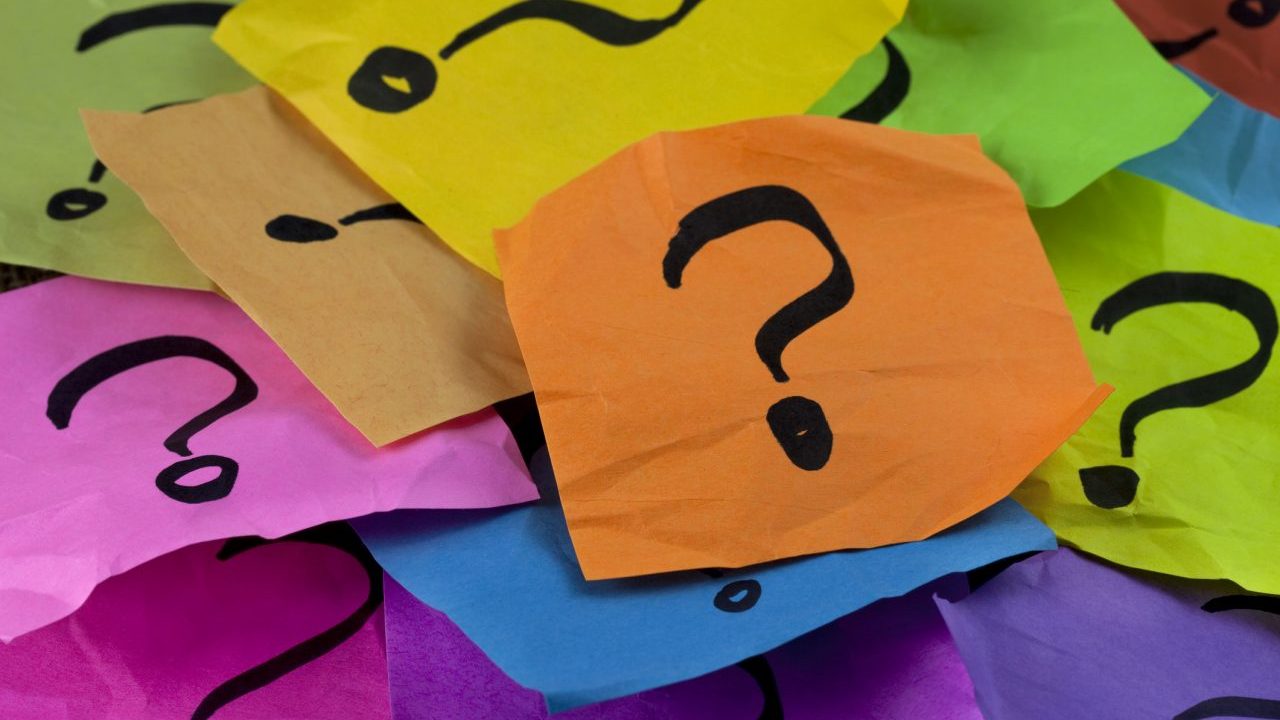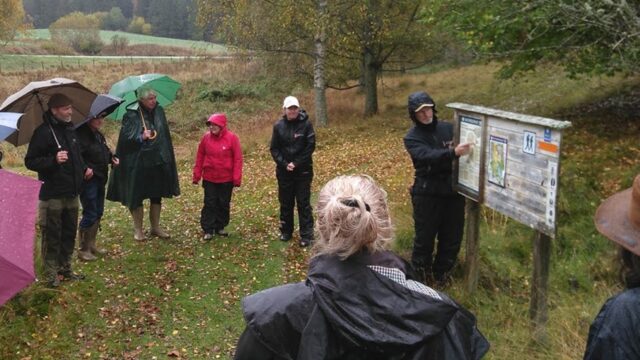
Uncertainty can diminish our decision making
Originally posted on The Horizons Tracker.
We all make numerous decisions each and every day, with many of these so straightforward that they’re done autonomously and we barely notice making them. When faced with more uncertain outcomes, however, our decision-making tends to be more deliberate.
Research1 from the University of Cambridge explores how we make decisions under such conditions. The authors explain that we tend to deploy one of two strategies when we encounter uncertainty. The first of these is exploitation and involves us tending to favor options that are both more familiar and more certain of providing us with a reward.
The second approach is exploration, which relies instead on selecting more uncertain choices. It has often been argued that when we face uncertainty, it’s best to try and alternate between these two approaches.
Handling uncertainty
The researchers demonstrate how people with obsessive-compulsive disorder (OCD) often struggle to deal with uncertainty. They worked with a sample of 50 teenagers with OCD and another group of 53 teenagers without it. The volunteers were asked to complete a probabilistic task, with the probabilities associated with options switching halfway through. The task was designed to encourage exploitation to begin with and then exploration when circumstances changed.
This wasn’t what the participants did, however, with constant exploration the more common strategy. This meant that they changed their choices more often than those without OCD. The researchers hypothesize that the uncertainty caused by the probabilistic task caused the teenagers with OCD to check the less rewarding strategy more often in order to gather sufficient information to feel more certain.
Obviously, the Covid pandemic has created considerable uncertainty for us all, which has made exploration a more common strategy as we seek to learn the information we require to feel more confident in our decisions.
Changing behavior
In some instances, this has resulted in an increase in caution and preventative behavior, such as an increase in mask wearing and hand washing. Of course, the desire to constantly seek out information has also led people down a rabbit hole of news consumption, some of which may not be entirely reliable, and most of which will have added to our anxiety levels. Indeed, various studies during the pandemic have shown that when this anxiety reaches certain levels we can avoid information entirely, which leaves us less well informed and more unsafe.
The researchers argue that persistent overexposure to bad news can even cause changes in the areas of our brain responsible for things such as cognition and memory. This can result in poorer decision-making as it causes us to rely more on emotions than our rational side.
So how can such situations be avoided? The researchers believe that by trusting the information we’ve already gathered it can appear more consistent over time. For instance, the benefits of mask wearing or taking vaccines.
Article source: Uncertainty Can Diminish Our Decision Making.
Reference:
- Marzuki, A. A., Tomić, I., Ip, S. H. Y., Gottwald, J., Kanen, J. W., Kaser, M., … & Robbins, T. W. (2021). Association of Environmental Uncertainty With Altered Decision-making and Learning Mechanisms in Youths With Obsessive-Compulsive Disorder. JAMA Network Open, 4(11), e2136195-e2136195. ↩






